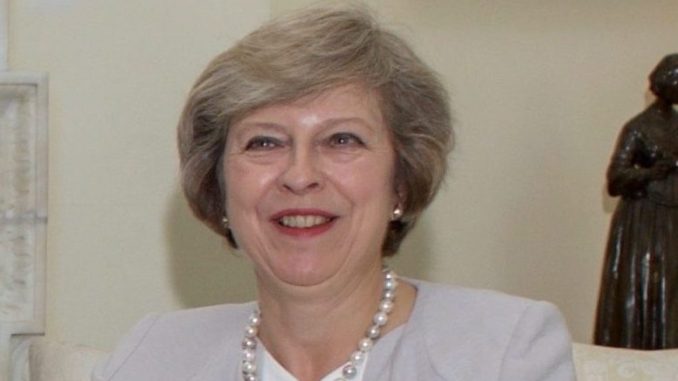
I’ve been charting the progress of Theresa May’s Brexit deal in prior posts. Examples can be found here, here, here and here. Then there was Monday’s post which explained that the deal was likely to fail. To quote from that post:
The current count of Parliamentary votes suggests her plan will be dramatically rejected.
Yesterday, it was. By a vote of 432 to 202, the deal was rejected. Labour leader Jeremy Corbyn immediately tabled a vote of no confidence in May.
This vote is likely to fail tomorrow. The Democratic Unionist Party, which did not vote for Brexit, has said it will continue to support May. The Conservatives (Tories) are continuing to support May. That combination alone wins, as the 11 DUP seats and the 317 Conservative seats comprise 328, more than half of the 650 Parliamentary seats.
In order for Corbyn to succeed, he must rally all of the other parties together and bleed off a few from the Conservatives or DUP without losing any of the members from his coalition.
It’s not impossible. May is weakened as a result of this. But it’s unlikely, for one reason: people are misrepresenting her loss.
May was fighting not one, but two battles. The anti-Brexit side, and the hard Brexit side. The anti-s want the UK to stay in the EU, and have worked to force May’s hand. The hards want the UK to break cleanly from the EU, which they believe has been hampering them with biased trade deals, bleeding their wealth to disperse among other nations and forcing them into unfair immigration policy.
May’s deal would have given the UK an exit, but kept some EU controls over national policy. Neither group wanted it.
Even if May survives the No Confidence vote, however, she’s still stuck. The carefully negotiated deal (which was, even after two years of effort, little more than an agreement to continue negotiation and a workaround to prevent an enforced border across Ireland) is effectively dead.
Now there are two leadership groups she is dealing with; for the sake of explanation to American audiences, let’s call them the Bernie Sanders-es (represented by Jeremy Corbyn and his coalition) and the Donald Trumps (represented by Boris Johnson and his coalition in the Conservative party.)
Each of those groups has the firm support of about 2/5 of the UK, with about another 1/5 waffling in the middle. Both of them believe they can win all of the power and influence if they only hold out.
At this point, one of those groups is probably correct. On paper, the most likely winners are the Hard Brexit group. They have control in Parliament and the Prime Minister is of their party. They’ve already won the vote; at this point, May would need to actively undermine that vote to keep them from winning.
The anti-Brexiters have a fighting chance, however. Businesses and financial institutions, key backers of the Conservatives, are overwhelmingly anti-Brexit. And while the vote was taken, proof has since been presented that Russia interfered by propagandizing for the Brexit side.
Also, the financial damage from withdrawing from the EU was to be mitigated by new, beneficial trade deals with the US. May has already seen that relying on Trump for aid on foreign policy is a grotesquely unwise decision.
Of course, some on the pro-Brexit side insist that any such proof is just fake news. And some on the anti-Brexit side insist that Russia somehow directly modified vote totals and thus rendered the vote invalid. It sounds familiar.
So, what happens from here?
If May calls for a new referendum, there will be concerns about violence. It’s to be expected. Many of the pro-Brexit people are afraid that they’re losing their country (whether for racist, social or economic reasons) and they will seem to have been betrayed by their own political party. This is a perfect recipe for social unrest.
If May allows the hard Brexit to occur, there will be massive financial damage and supply lines will be broken. The expectation during Brexit was that any losses from trade with the EU would be immediately countered by new trade deals with the US, but there is little indication that would happen; to the contrary, the US currently lays tariffs on the UK. This scenario has a possible rosy outcome, if the projections by economists aren’t reached; but as those projections have been independently determined by both pro-Labour and pro-Conservative experts, it seems unlikely that fiscal catastrophe will be avoided. Rather, the question will be the magnitude of the hit.
The May deal would have resulted in a financial penalty but continued trade and, if Brexit was deemed a mistake, would have kept enough structure in place to re-enter the EU following a new referendum and EU agreement. It is now off the table. One of the other options is the most likely result, and which option will be chosen is a matter of the purest speculation.

1 Trackback / Pingback
Comments are closed.